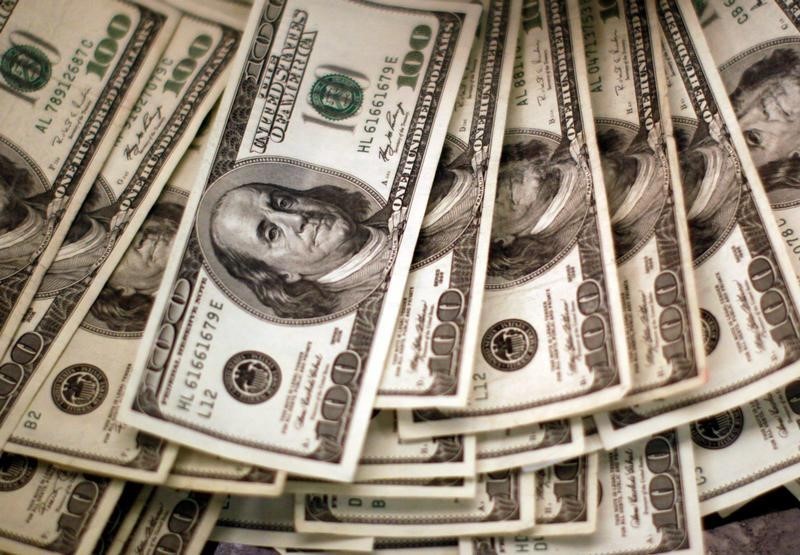TOKYO (Reuters) - The dollar edged down against most major currencies in Asian trade on Friday but remained on track for a weekly gain, as investors awaited U.S. jobs data later in the session to see if the labor market is stronger than previous surveys indicated.
Investors' risk sentiment also slipped with the safe-haven yen firmer after news that four police officers were fatally shot and seven wounded by snipers who targeted them during rallies in Dallas to protest against the fatal shootings of two black men by police this week.
The consensus forecast is for the U.S. economy to have added 175,000 jobs in June, according to a Reuters poll, but investors remain wary given the negative surprise in the May payrolls report, which some expect to be upwardly revised.
A report overnight showed U.S. private payrolls rose more than expected in June and jobless claims were lower than forecast.
The dollar index, which tracks the greenback against six major rivals, was down 0.2 percent at 96.091 (DXY). But it was still poised for a 0.5 percent gain in a week marked by volatile trade in the wake of Britain's surprise vote to exit the European Union last month.
The perceived safe-haven yen firmed, indicating that investors remained wary ahead of the payrolls report.
"I think many investors want to continue to focus on the Brexit risks, so even if we get some good U.S. employment data, it might not be so helpful to over come weak sentiment," said Masashi Murata, currency strategist for Brown Brothers Harriman in Tokyo.
"My basic scenario is that dollar/yen will trade between 100 and 105 through the end of September," he said.
The dollar was 0.3 percent lower against the yen
Investors also pondered whether the Bank of Japan will decide to take further stimulus action at the conclusion of its two-day policy meeting on July 29, and what form such steps might take.
"Cutting rates is one of the key options the BOJ may look to when it eases policy next," strategists at Nomura wrote in a note.
"After its adoption on 29 January, its negative rate policy has not succeeded in improving investor sentiment, as concerns over the negative impact on bank earnings were highlighted more than its benefits," they said.
The euro inched 0.1 percent lower to 111.34 yen (EURJPY=R), moving back toward a 3 1/2-year low of 109.30 logged after the Brexit vote. It was poised to shed 2.6 percent for the week.
The euro edged up 0.2 percent to $1.1083
Recently battered sterling was up 0.3 percent at $1.2948

But some analysts expect it to drop to as low as $1.20 in coming months as the Bank of England prepares to ease monetary policy to blunt the impact of the Brexit move.